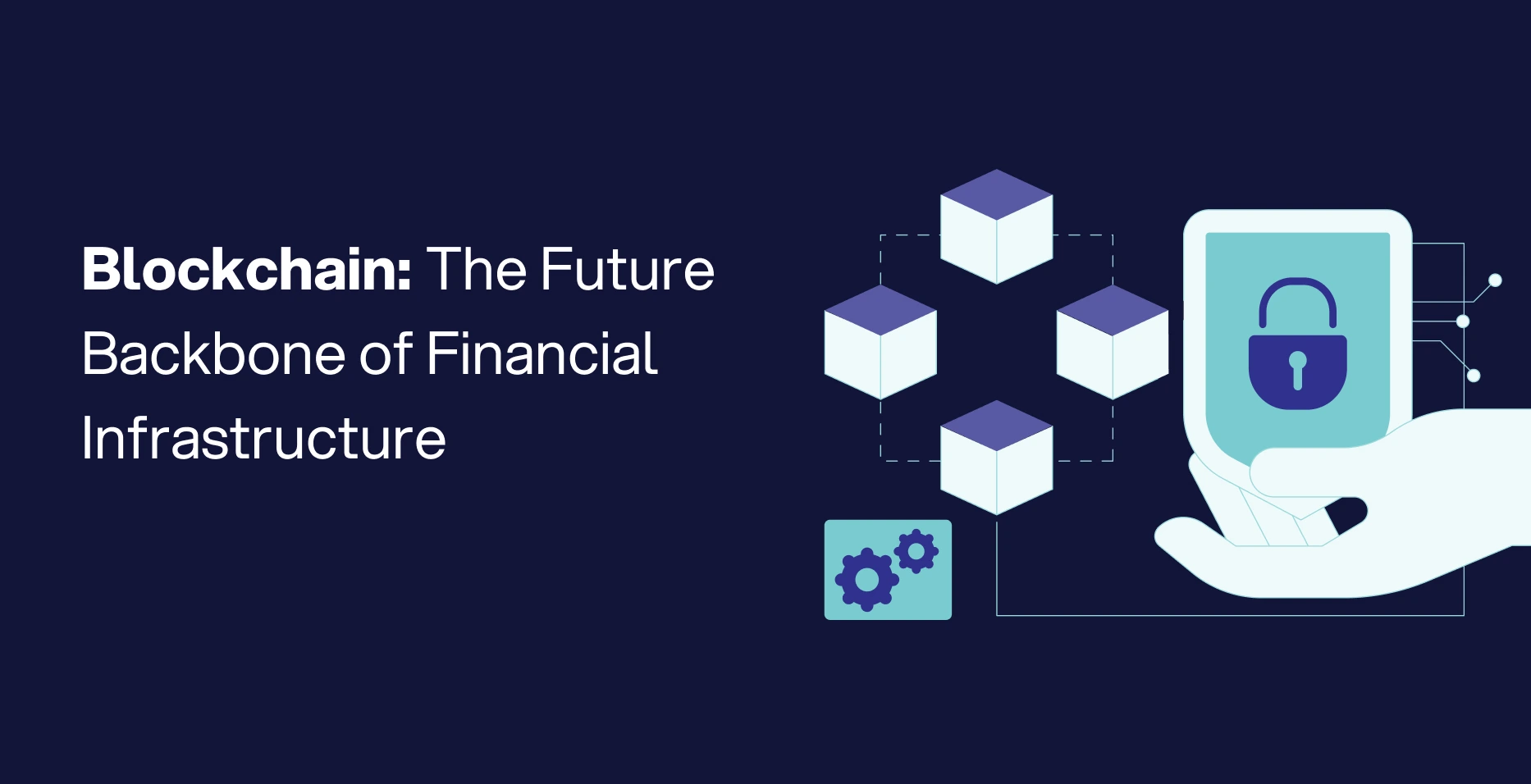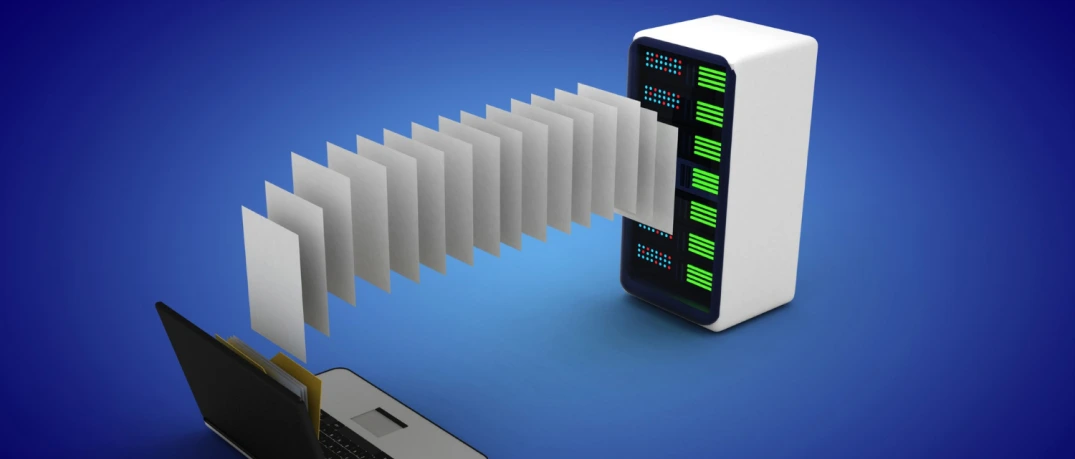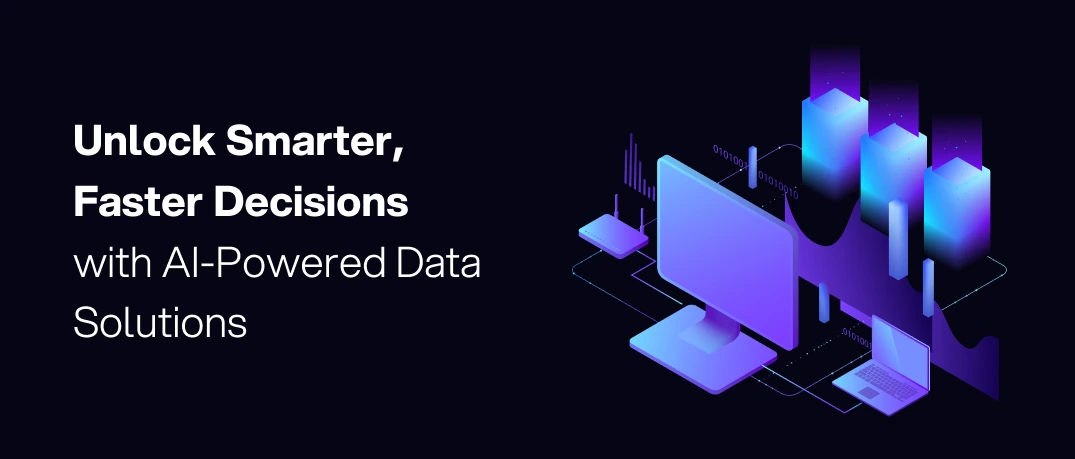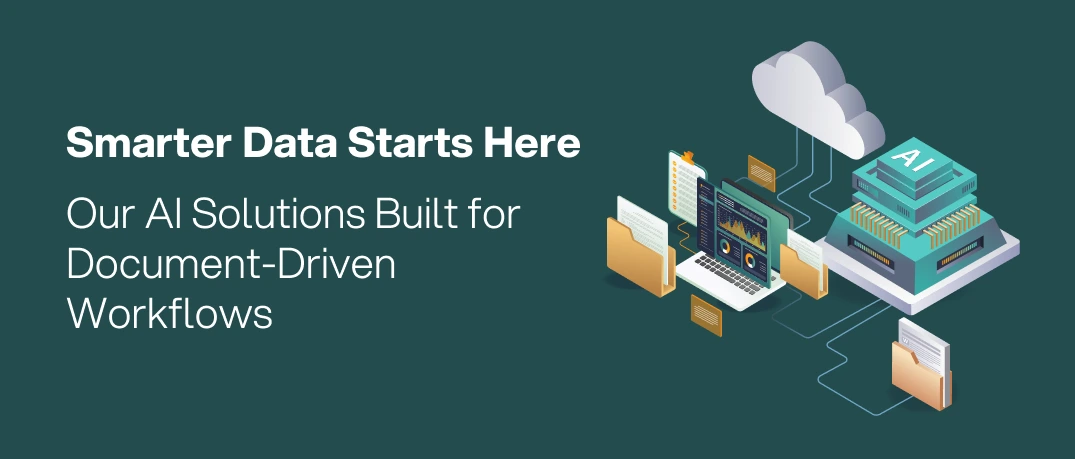
In today’s digital world, blockchain technologies are gaining traction for their ability to improve transparency, immutability, and decentralised control. Unlike traditional systems that rely on a single authority, blockchain distributes trust across a network, reducing risks and strengthening resilience. More organizations are adopting it to tackle issues like data integrity, third-party reliance, and inefficiencies.
With its tamper-proof ledger and ability to cut out intermediaries, blockchain streamlines operations, boosts security, and is increasingly being integrated into core business processes.
Blockchain also represents a fundamental shift in how systems connect and exchange information. Rather than point-to-point APIs or event-driven triggers, blockchain operates as a decentralized ledger, where data is secured and verified through consensus. This shared, distributed model allows multiple parties to interact openly, creating ecosystems where trust, efficiency, and data integrity are built into the system itself.
By enabling seamless, secure collaboration, blockchain paves the way for more resilient and future-ready digital infrastructures.
More Blogs
Have a question? We're here to help.


